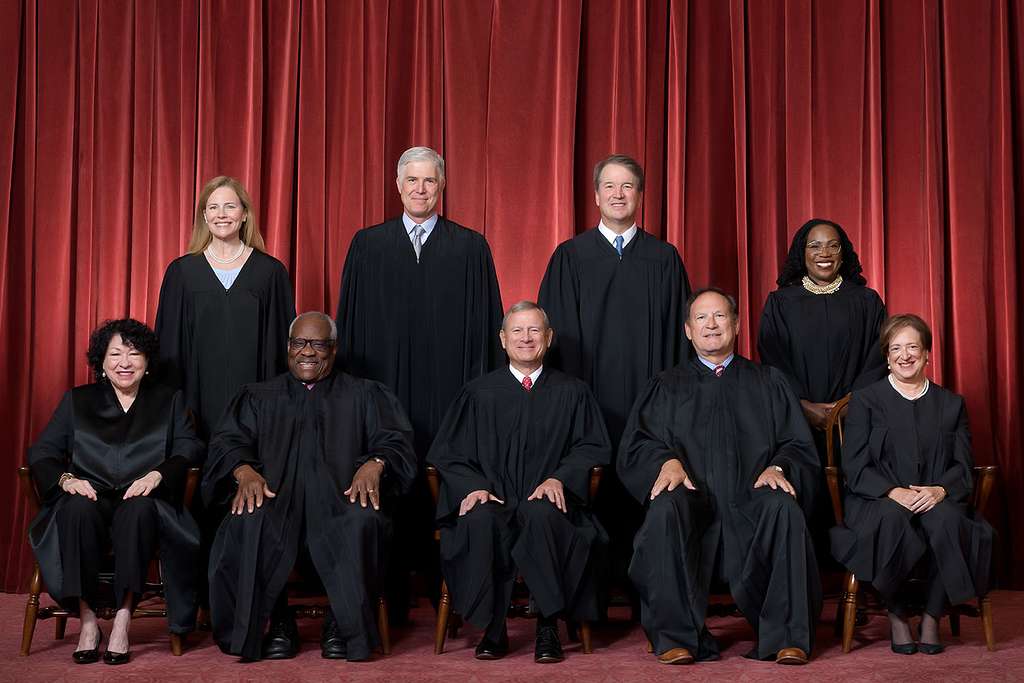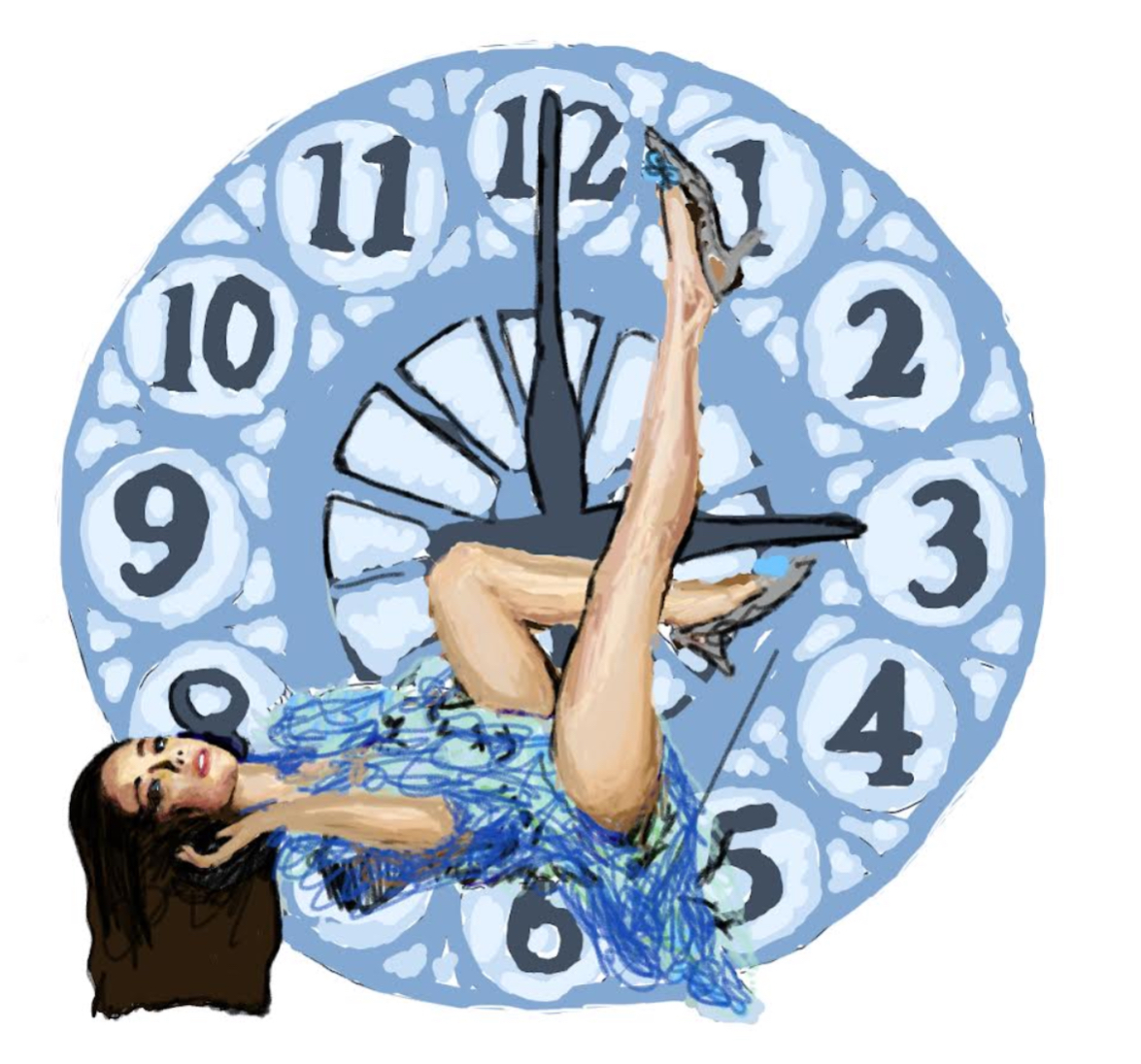Daylight Savings. Nobody wants it, and everybody hates it. Twice a year, everyone who is misfortunate enough to live in a place where daylight savings is used comes together to complain about losing an hour of their precious sleep in spring and about how it gets dark too quickly in fall. Some may ask, Who would start this? Why is it a thing? When are we going to change it? All of which are valid questions with answers that vary depending on where you ask.
The matter of where daylight savings originates is a disputed topic. The Franklin Institute says it was an idea proposed by Benjamin Franklin, who thought that Parisians could save on candles if there was one more hour of daylight. However Franklin wrote the idea in a satirical essay and meant it as a joke. Others say that farmers are to blame for daylight savings, but with their schedules being dictated by the sun, and not the clock, daylight savings only complicates work on the farm. The first real implementation of daylight savings in the United States can be traced back to World War I. President Woodrow Wilson signed an act to follow in the footsteps of other countries who had begun participating in an effort to conserve electricity during war time.
There are many reasons why daylight savings should be put to an end. For example, it is disorienting. You lose an hour of sleep when it happens in Spring, and there is hardly daylight left after work or school for extra curricular activities when it happens in the Fall. On top of that, it is counterintuitive in trying to save energy, the reason daylight savings started in the first place. An investigation by the National Bureau of Economic study found that in Indiana, there is actually an increase in electricity consumption between March and November. Nationwide there is also at least a six percent increase in car accidents the week after daylight savings which is undoubtedly correlated to drowsiness caused by the stolen hour of sleep, according to a study from current biology.
Ultimately Daylight Savings is a pointless tradition. No one gains from it and it serves no real purpose, so it should be put to an end.






















